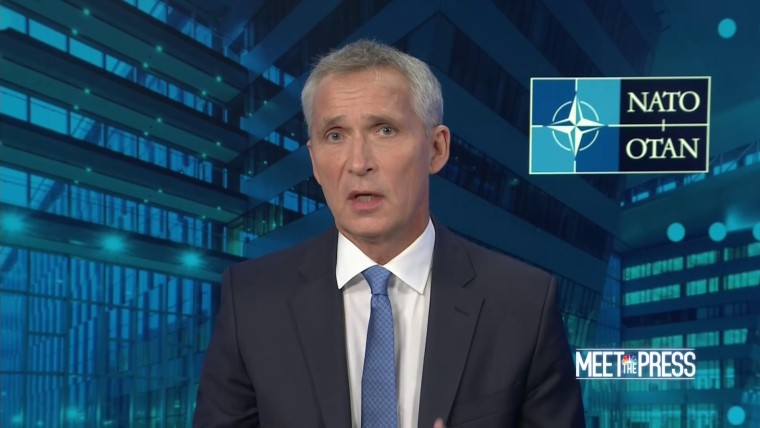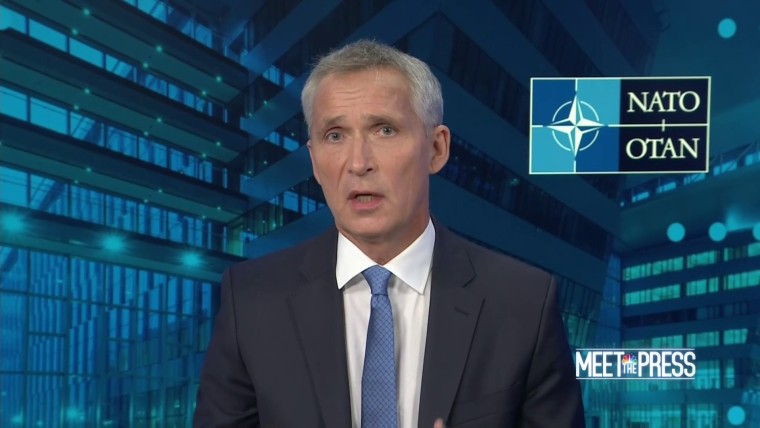Putin under pressure
The setback comes at a delicate time for Putin domestically.
While his annexation ceremony was accompanied by patriotic rallies and bullish talk of victory, the Russian leader stoked unease and an exodus of men fearing conscription after he called up hundreds of thousands to join the fight.
A new poll released Thursday by the independent Levada Center found that a growing number of Russians said they did not believe the Kremlin’s “special military operation” was proceeding successfully. It also found that more than half of the 1600 respondents felt anxious or angry about the partial mobilization.
The loss of Lyman marks the biggest battlefield shift since a lightning Ukrainian counteroffensive in the northeastern Kharkiv region last month that turned the tide of the seven-month conflict.
It sparked a new wave of criticism from pro-military voices online that illustrated the way in which Ukraine’s military was now driving the war’s direction despite the Kremlin’s high-profile efforts to regain the initiative.
Infuriated Putin allies such as Ramzan Kadyrov who leads the southern region of Chechnya, demanded a change of strategy in the wake of Saturday’s retreat. He called for “more drastic measures,” that could even include “the use of low-yield nuclear weapons” — the most explicit call for such an escalation from a top official.
“I’ve never seen a country annex territory they didn’t even control,” Phillips O’Brien, professor of strategic studies at the University of St. Andrews in Scotland, told NBC News. “You say this is forever Russia one day and the next day you lose a significant city in it.”
“It just shows how weak the annexation really was,” O’Brien added.
Strategic importance
The Russian retreat this weekend was not just a bad look for Putin but a costly blow to his military.
The force of Kremlin troops defending Lyman when Ukraine threatened to surround it “probably experienced heavy casualties as it withdrew along the only road out of the town still in Russian hands,” said Britain’s defense ministry in its latest update.
Lyman commands a key road crossing over the Siversky Donets River, behind which Russia has been attempting to consolidate its defenses, the ministry added.
U.S. Defense Secretary Lloyd Austin said the city, which has been used as a logistics and railway hub by Kremlin in the Donetsk region, was a key supply hub to push troops and weaponry to the front lines.
“And without those routes, it will be more difficult. So it presents a sort of a dilemma for the Russians going forward,” Austin told a news conference in Hawaii on Saturday.
Ukraine’s military was already seeking to press farther east and has been pressuring Russian defenses in the south for months.
The Kremlin is “trying to mobilize a lot of troops to stop them now, but it looks like they’re going to be really poorly trained troops,” said O’Brien.
The battle for Lyman displayed not just Russian weakness but smart Ukrainian strategy that could be crucial going forward, analysts said.
In contrast to last month’s rapid gains in the northeast, where Ukrainian troops swept through thin Russian lines, Lyman was won by methodically moving to encircle thousands of opposing troops.
“It shows you how they’re going to be taking on Russian formations going forward,” said O’Brien.
Ukrainian forces have repeatedly pounded bridges and supply sites behind Russian lines and with Lyman lost, the Kremlin could face more difficulty transporting supplies and troops. It also means more Russian targets will now be in sight of the long-range rockets supplied by Kyiv’s Western allies, threatening to further loosen Moscow’s grip on that territory ahead of the winter.
“If the Russians were fighting intelligently, they’d probably pull back relatively soon,” O’Brien said.





